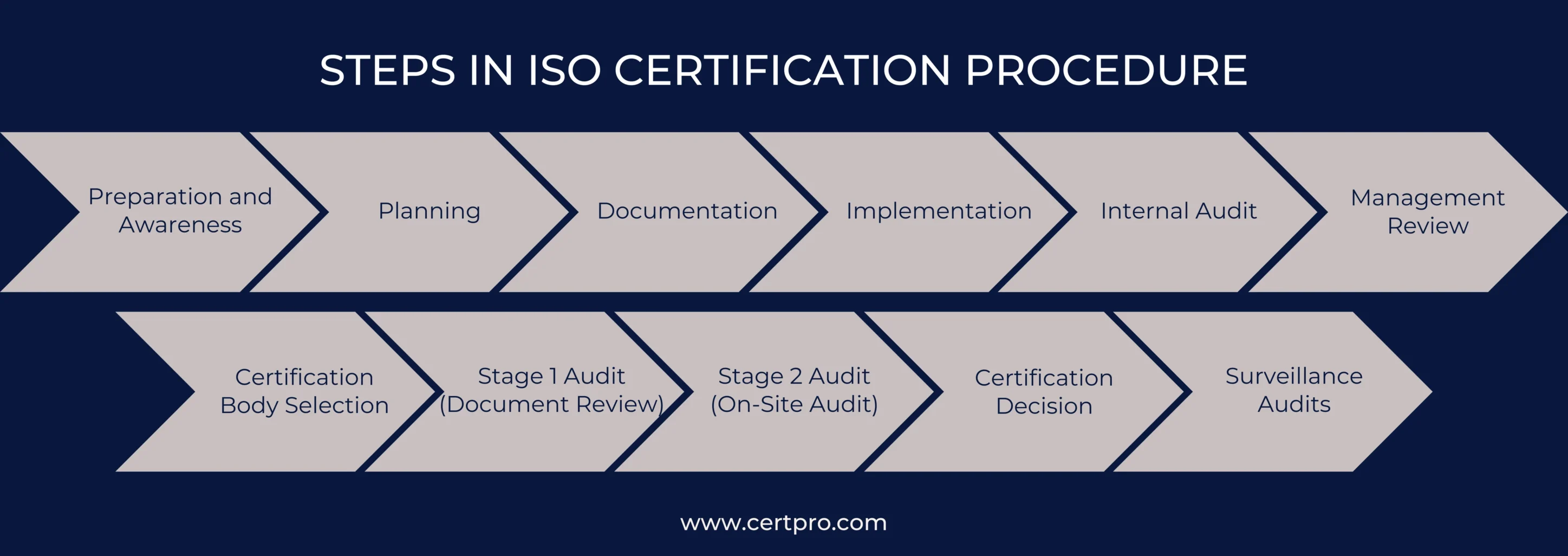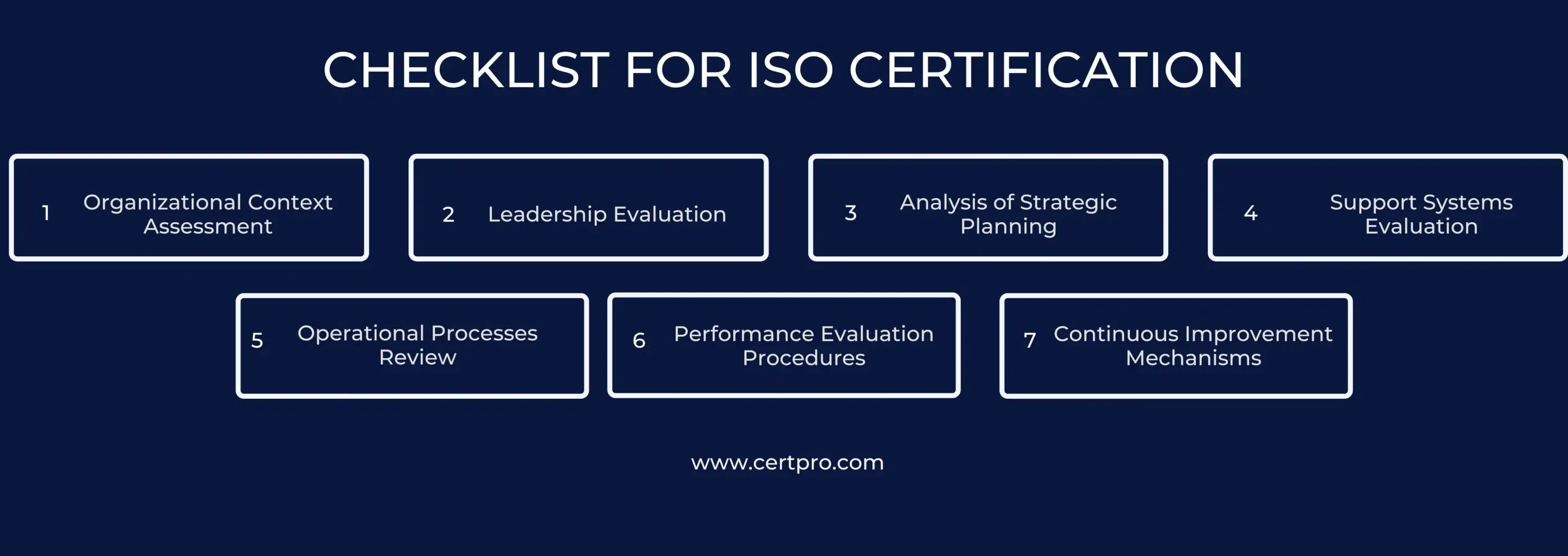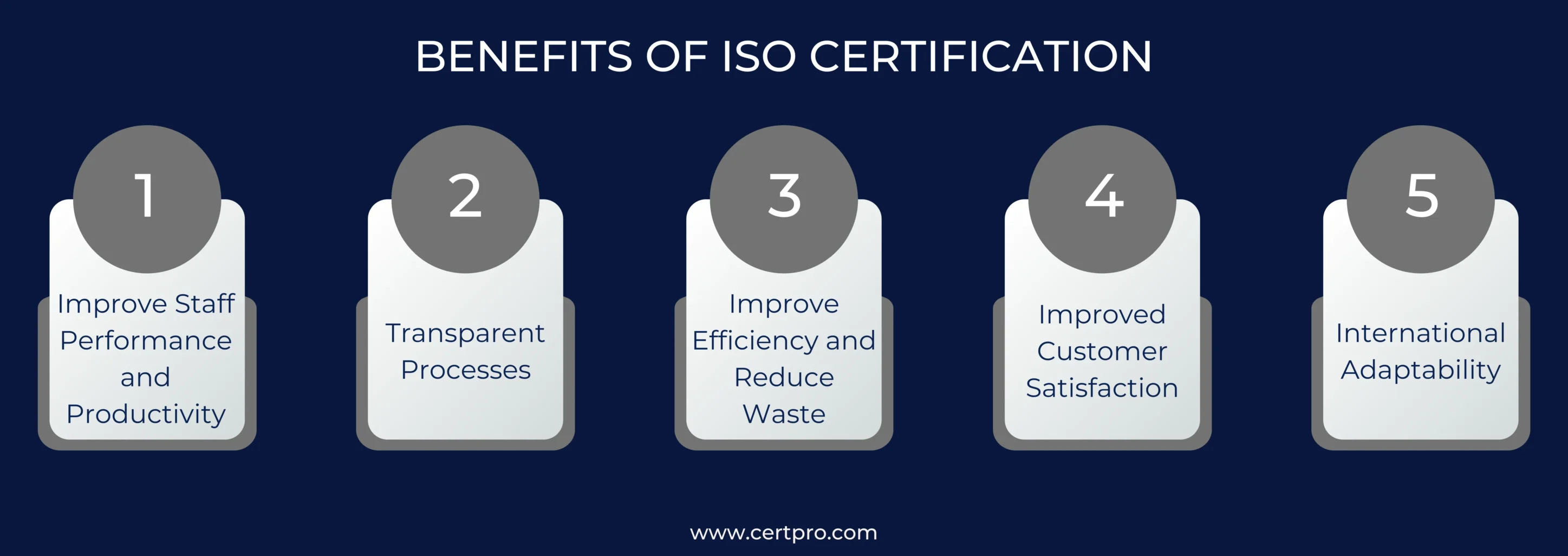GERMANY
ISO CERTIFICATION IN GERMANY
Because of globalization, businesses have to make things for people all over the world. Thus, this need is essential for making things and services competently. Thus, getting ISO certification in Germany is paramount for business growth. Companies must follow specific standard controls and rules while doing business worldwide. In Germany, acquiring ISO certification means that your business follows strict rules. ISO is crucial for building trust in goods and services in Germany, where the market is constantly altering. Hence, it improves the product or service quality.
ISO Germany ensures that the goods are safe for buyers around the world and that the organization maintains a safe work culture for employees. In addition, ISO certification in Germany makes doing business with other countries straightforward. This means that the certificate helps the business grow all over the world. Customers will also get quality products from a company with ISO certification. If you need to learn more about ISO certification in Germany, read the whole page carefully.
WHY ISO CERTIFICATION IN GERMANY?
ISO Germany is critical as it helps your business find new opportunities. Thus, your business must be productive and work hard to satisfy customers. Also, getting qualified can help you avoid non-compliance-related problems and help in business growth. Because of ISO, your business can change in the best way possible.
ISO certification in Germany prevents repeating mistakes in functional and operational processes. Again, ISO certification allows businesses to grow and promote their high-quality standards globally. Thus, marketing your business this way shows that it meets international standards, making it more appealing on the world market. Similarly, companies want their sellers to be ISO-certified before collaborating. Certification makes workers feel exemplary about their skills and keeps your company from lacking abilities. Because of this, getting ISO certification makes it easier to keep doing business internationally.
UNDERSTANDING ISO CERTIFICATION IN GERMANY
Getting ISO 9001 certification in Germany shows that a company is committed to providing stable, high-quality goods and services. ISO 14001 mainly concentrates on environmentally friendly and sustainable growth. ISO 27001 protects private information from cyber threats. Thus, it helps Germany to improve its digital landscape and businesses. In this regard, ISO certification is helpful for the different German markets because it builds customer trust and allows companies to fight globally. ISO certification in Germany shows that strict standards are being followed, and ISO certification in Germany signifies that the organization is aligned with industry best practices. Therefore, businesses prioritizing ISO ensure quality products and improve Germany’s image worldwide. ISO Germany represents an approved management system, practices, goods, and services.
Moreover, ISO is a well-known, independent group worldwide. It creates and spreads standards that ensure that many areas are safe, effective, and high-quality. Numerous German companies use ISO standards, which boosts their image and makes it easier for them to sell their products in other countries. Thus, businesses with ISO certifications often have an edge over their competitors. Germany puts a lot of effort into protecting the environment and being environmentally friendly, which aligns with ISO 14001 certification. ISO standards often focus on what customers want, which makes customers happier and more likely to stay with the company. German companies that work with global supply networks must have ISO approval. Continuous growth is a part of ISO certification, which helps German businesses stay competitive and make their processes run smoothly.
Related Links
ISO 27001 in Germany
HIPAA in Germany
GDPR in Germany
PCI-DSS in Germany
SOC in Germany
VAPT in Germany
ISO 20000 in Germany
ISO 22301 in Germany
ISO 21001 in Germany
ISO 41001 in Germany
ISO 50001 in Germany
ISO 29001 in Germany
ISO 14001 in Germany
ISO 45001 in Germany
ROHS in Germany
TQM in Germany
ISO 22000 in Germany
FSSC 22000 in Germany
HACCP in Germany
HALAL in Germany
GMP in Germany
KOSHER in Germany
ISO 17025 in Germany
ISO 13485 in Germany
CE Mark in Germany
GLP in Germany
GDP in Germany
Finally, ISO certification in Germany makes a company look better by showing that it meets global quality standards. This makes customers and business partners likely to trust the business.

STEPS in ISO CERTIFICATION PROCEdure IN GERMANY
Thus, you must follow these steps to adopt ISO certification in Germany successfully. However, the steps are adaptable and can be changed to fit the business’s goals.
Preparation and Awareness: Before implementing the ISO standards, you should know your company’s goals. Therefore, it can be easier to handle the process if you know the rules, rewards, and ways to implement them.
Planning: Developing a strategy can help you in the implementation process. Businesses need to identify vulnerabilities and gaps in their processes. Therefore, effective planning and execution can improve your company’s compliance status.
Documentation: When you make rules and follow them, you need to document the specifics to see how well they work. In the external auditing process, paperwork helps the inspector review how well and necessary the controls are.
Implementation: In Germany, controls must be implemented and maintained to get ISO certification. The production process must be monitored and improved to achieve satisfactory results.
Internal Audit: This examines how your business currently works and finds problems. Because of this, checks must be made before the final audit, which is necessary for approval.
Management Review: The process reviews the ISO application’s success, worth, and growth to determine improvement.
Certification Body Selection: ISO certification does not come from ISO itself but from outside bodies. So, be careful when choosing qualified certification bodies based on their knowledge and ability to do their jobs.
Stage 1 Audit (Document Review): The controls and documentation are checked to ensure they follow the rules. Concerns are solved and ensured to meet quality standards.
Stage 2 Audit (On-Site Audit): After the changes have been made, an external auditor does the final check, which produces an ISO report and ensures no non-compliance risks.
Certification Decision: The last step in the certification process is to get an ISO audit report. If the auditor is satisfied with the findings, they will write an audit report. If the inspector finds issues with the process, you should fix them and request another re-audit.
Surveillance Audits: The audit ensures that people follow the rules. Rules and methods work better when they are checked and watched over frequently.
Getting qualified is easier if you help the auditing and consulting business build relationships with other people.

ISO CERTIFICATION PROCESSING TIME
Getting ISO certification in Germany could take at least three to six months. The main goal is to make the certification process simple and easy. Also, before external audits, organizations must come up with and follow specific steps for a certain amount of time. Thus, implementing ISO Germany requires lots of effort and expertise; you can get help from a professional. You could get help with the certification process from CertPro, an ISO consultant in Germany.
Furthermore, CertPro will help you maintain your organization’s ISO standards. The certification will be valid for three years but needs to be updated yearly. You need to work with skilled ISO experts to align your business with ISO standards.
CHECKLIST FOR ISO CERTIFICATION IN GERMANY
The steps ensure that ISO certification in Germany goes well. Thus, use the following guidelines for your audit plan:
Organizational Context Assessment: Understanding the organization’s goals regarding certification is beneficial. It helps recognize internal and external factors and consumers’ needs in the certification process. The process helps determine what kinds of threats there might be to compliance.
Leadership Evaluation: It shows that the business is committed to providing excellent services and has the resources to ensure compliance with the rules.
Analysis of Strategic Planning: If they want to change the method, they must show how they plan. Thus, strategic planning also involves using the organization’s resources and controlling risks.
Support Systems Evaluation: A method for quality control needs to be set up. For this process to work, equipment, a place to work, knowledge, and techniques must be present.
Operational Processes Review: A business needs to review its services closely. This will make it aware of the process’s flaws. Again, this method requires a more in-depth look from someone outside the company.
Performance Evaluation Procedures: There are ways to track and report progress. You can use reviews from managers, private checks, and customer reviews.
Continuous Improvement Mechanisms: Plan how the system can improve over time. According to ISO rules, steps should be taken to keep growing.

POPULAR ISO STANDARDS IN GERMANY
Germany is a large country in Western Europe. It has fields, beaches, mountains, rivers, and the North Sea, among other things. Germany believes all industries must adopt different ISO standards to boost quality, safety, and efficiency. ISO 9001:2015, which stresses quality management systems for reliable and consistent goods and services, is vital to Germany’s commitment to greatness.
Regarding the environment, ISO 14001:2015 is necessary for Germany’s long-term growth, even as its industries keep growing. ISO 27001:2013 is an essential tool for data security in the digital age. It helps with security tasks and keeps private data safe as Germany continues to go digital. ISO 26262 allows Germany’s technological progress and safety standards, ensuring practical safety in the automotive industry.
As shown by ISO 45001:2018, Germany places great importance on health and safety at work. In addition, ISO 22000:2018 ensures food safety in the field, which is aligned with Germany’s pledge to protect consumers. The fact that ISO 50001:2018 focuses on energy management shows that Germany is serious about having safe energy policies. Overall, these ISO standards support industry norms, align with Germany’s growth goals, and give German companies an international image showing their importance to the Canadian environment. These guidelines help Germany improve quality and safety, follow the rules, and make technology progress.
BENEFITS OF ISO CERTIFICATION IN GERMANY
Get ISO-certified for your business in Germany to help it grow. Getting the certification shows that the company is a leader in quality management systems. Hence, some of the benefits are listed below:
Improve Staff Performance and Productivity: For businesses in Germany, getting ISO certification is a great way to work faster and better. Employees can work together better when they use the same habits and processes.
Transparent Processes: External auditors check things out as part of the certification process. ISO guidelines also help show process data, improve working conditions, and improve overall quality.
Improve Efficiency and Reduce Waste: ISO certification in Germany can help your business grow globally. It makes the industry run efficiently and saves money by eliminating waste. Companies can also make more money with quality management systems, and ISO Germany has rules for them.
Improved Customer Satisfaction: In Germany, getting ISO certification for your business lets people know they can trust it. It is also a great way to show dedication to offering quality products and services.
International Adaptability: The certification process ensures that German goods and services follow strict rules to maintain global quality.
These rules ensure that the business’s products and services meet rules from other countries. They also show that the company has a clear plan to eliminate or lessen any risks that might arise. Firms can work from anywhere worldwide after getting ISO, which helps them grow.

INDUSTRIES THAT BENEFIT FROM ISO CERTIFICATION IN GERMANY
Many businesses in Germany know-how necessary ISO approval is for their growth. It helps many different types of companies. These certificates are more than just status symbols; they show a solid commitment to quality, safety, and ecology. Therefore, getting ISO 9001 certification is suitable for companies in the manufacturing industry because it makes customers happier and gives them a competitive edge by improving product quality and operating efficiency. Furthermore, obtaining ISO 27001 certification is vital for Germany’s IT industry because it improves risk management and data protection during technological change. Regarding cars, ISO/TS 16949 promises that vehicles will last a long time and be safe. It also supports Germany’s place as a world leader in making high-end cars.
These certifications help businesses on their own, but they also encourage sustainable practices and the growth of building technologies that are better for the environment. ISO consultants in Germany can help companies get through the certification process and ensure they meet data security, privacy, and healthcare standards. Hence, certifications like ISO 27001 in Germany, SOC 2 in Germany, GDPR in Germany, HIPAA in Germany, and PIPEDA are essential. They also care about being socially responsible and protecting the environment. Hiring ISO consultants in Germany shows how important strategy advice is for companies to navigate the certification terrain successfully.
CERTPRO: EMPOWERING YOUR BUSINESS TO ATTAIN ISO CERTIFICATION EFFORTLESSLY
ISO certification in Germany provides a competitive advantage and creates trust among customers. It has multiple benefits that assist in business growth. In this regard, CertPro can help you implement ISO Germany. As an ISO consultant in Germany, we have sufficient knowledge and skills in this field to benefit our clients. Our expert will take the correct steps at the proper time. Your trust in us can make the implementation process smooth and easy. CertPro offers quality services in the field of regulatory compliance at affordable prices. Again, we provide surveillance audits for our clients to continue their journey with ISO. Lastly, we will care for everything during the certification process and help you throughout the ISO journey.
FAQ
What is ISO certification, and why is it important in Germany?
In Germany, ISO certification is a validation of adherence to international standards, playing a crucial role in ensuring operational efficiency, quality assurance, and trust in the competitive global market.
How can a company in Germany obtain ISO certification?
To obtain ISO certification in Germany, a company must undergo processes including certification preparation, application of ISO standards, internal audits, choosing a certification body, and concluding external audits.
What are the benefits of ISO certification in Germany?
ISO certification in Germany offers benefits such as increased reputation, better market access, operational efficiency, customer trust, regulatory compliance, and alignment with sustainable practices.
Why is ISO 9001 certification significant for German organizations?
ISO 9001 certification in Germany signifies a commitment to quality management, enabling companies to develop reliable, customer-focused goods and services.
What are the essential steps in the ISO certification process in Germany?
The ISO certification process in Germany involves preparation, planning, documentation, implementation, internal audit, management review, certification body selection, document review, on-site audit, certification decision, and surveillance audits.
IT COMPLIANCE IN 2024: ESSENTIAL TRENDS AND BEST PRACTICES
IT compliance is essential for every organization to secure the integrity and accountability of data. The process also helps develop the business and enhance its profitability. In today’s digital era, IT compliance has more than just a regulatory checkbox. It plays a...
POLICY MANAGEMENT SYSTEM: ESSENTIAL TOOLS FOR AUTOMATION AND SIMPLIFICATION
Growing businesses indicates that you become a master in your field and accurately manage all business-related policies. However, managing company policies can be daunting significantly when your business expands. Here, an effective policy management system can help...
CYBERSECURITY AUDITS: A STEP-BY-STEP GUIDE TO CONDUCTING ONE
In recent years, data breaches have become headlines in many large companies. Technological advancements have made the hacking process more strategic and complicated. Therefore, organizations must consider the cybersecurity audit seriously to avoid breaches and have a...












